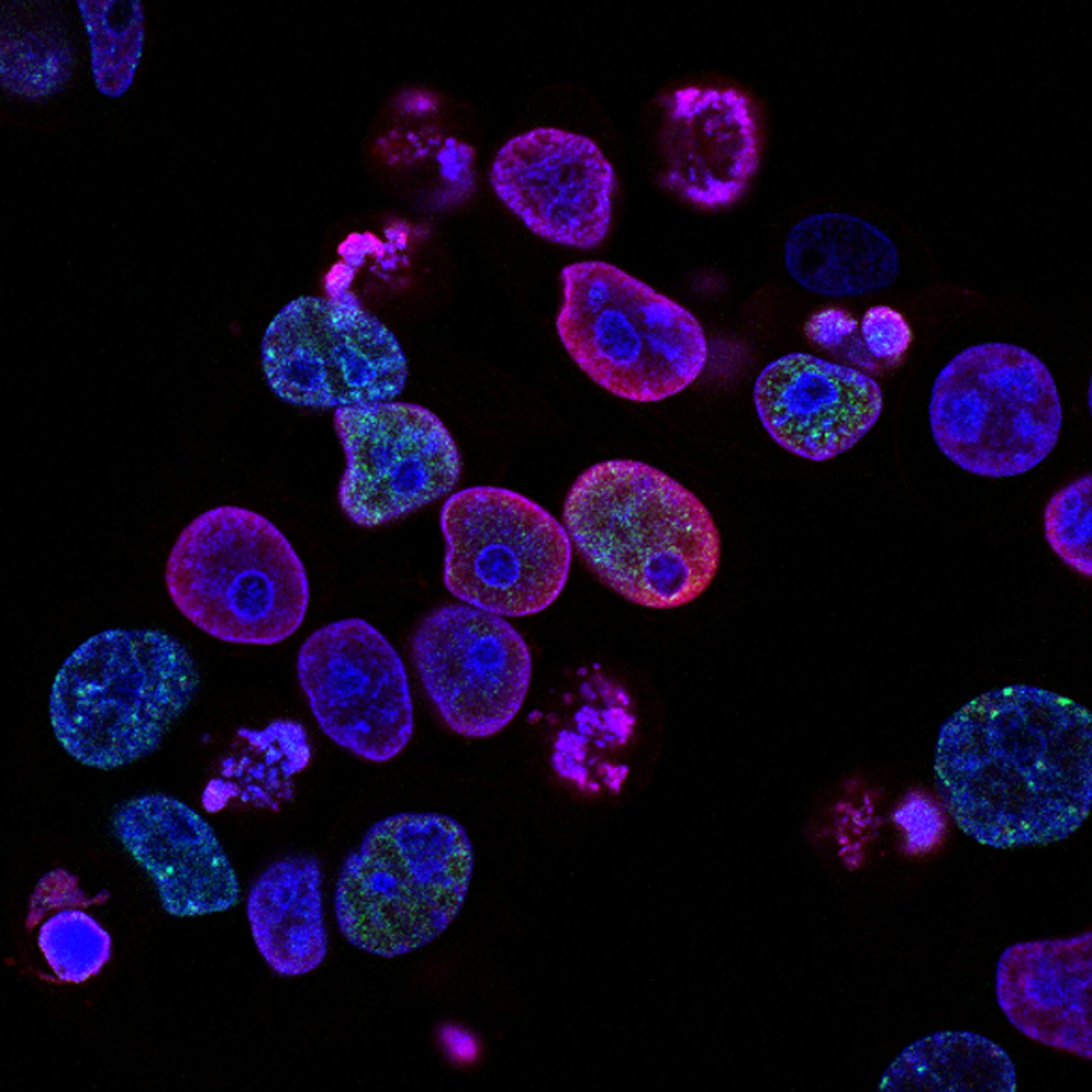
A National Bioeconomy Manufacturing and Innovation Initiative
Summary
The COVID-19 pandemic has devastated the world. In the same year, record fires, hurricanes, and weather wreaked havoc on the United States. These disasters have had devastating economic effects on American lives. To combat COVID-19, foster economic recovery, and address climate change, the United States should implement a National Bioeconomy Manufacturing and Innovation Initiative. The U.S. bioeconomy is composed of healthcare, agriculture, and life-science companies and contributes an estimated 2% of the U.S. GDP. This figure is expected to rise in the coming decade. The bioeconomy also contributes to addressing climate change by reducing U.S. dependence on petroleum-based products and creates American jobs through a growing biomanufacturing sector. Biomanufacturing is the production of products via biological and biosynthetic mechanisms, such as fermentation-based production of industrial ethanol. To fully realize the potential of the bioeconomy, the United States must invest in cross-cutting research and development (R&D) across the areas of healthcare, food & agriculture, energy, environment, and industrial applications. The pillars of this “National Bioeconomy Manufacturing and Innovation Initiative” should focus on (1) cutting-edge R&D, (2) development of fundamental and publicly available tools, and (3) biomanufacturing. The initiative should be coordinated out of the Executive Office of the President via a National Bioeconomy Coordination Office. The initiative should be supported by senior leadership positions at each federal agency with equities in the U.S. bioeconomy, as well as by appropriated funding.
The Federation of American Scientists supports Congress’ ongoing bipartisan efforts to strengthen U.S. leadership with respect to outer space activities.
By preparing credible, bipartisan options now, before the bill becomes law, we can give the Administration a plan that is ready to implement rather than another study that gathers dust.
Even as companies and countries race to adopt AI, the U.S. lacks the capacity to fully characterize the behavior and risks of AI systems and ensure leadership across the AI stack. This gap has direct consequences for Commerce’s core missions.
As states take up AI regulation, they must prioritize transparency and build technical capacity to ensure effective governance and build public trust.